Wildlife Conservationist
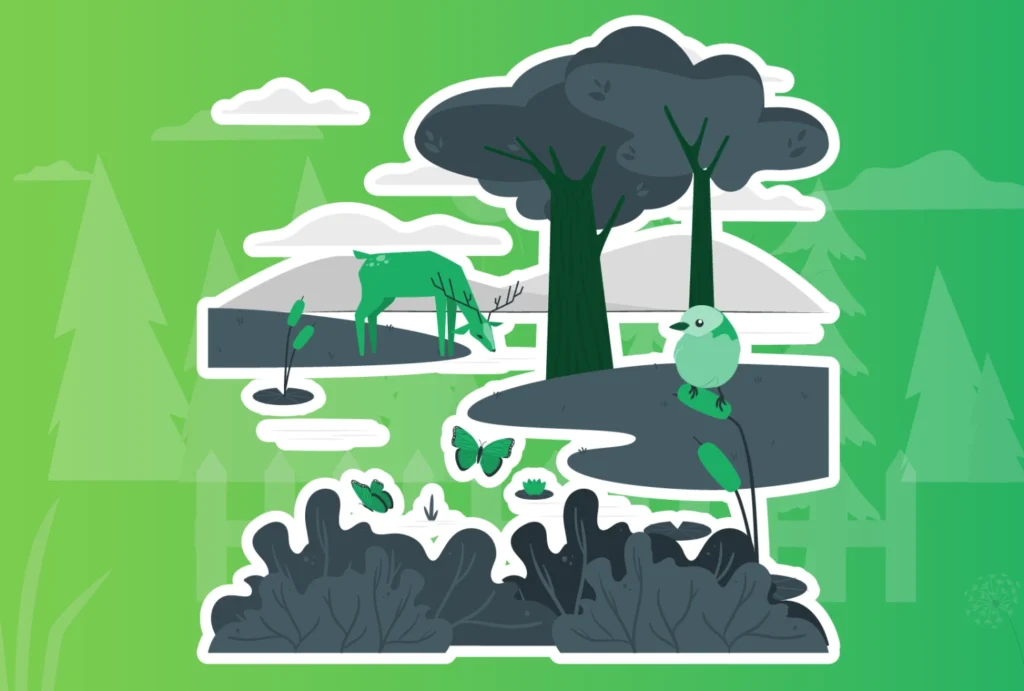
Wildlife Conservationist
Job Sector
Energy and Natural Resources
Potential Salary (USD)
Low End: $30,000.00 /yr
Avg/Med: $70,000.00 /yr
High End: $120,000.00 /yr
Education Required
- Bachelor of Science in Wildlife Biology, or
- Bachelor of Science in Environmental Conservation
Job Outlook
The demand for Wildlife Conservationists is expected to grow as environmental concerns, such as habitat loss, climate change, and species extinction, become increasingly pressing.
Career Profile Overview
Wildlife Conservationists are dedicated to protecting wildlife and preserving natural habitats. They work to conserve endangered species, manage ecosystems, and advocate for policies that safeguard biodiversity. Their efforts are vital for maintaining the balance of ecosystems and ensuring the survival of various species for future generations.
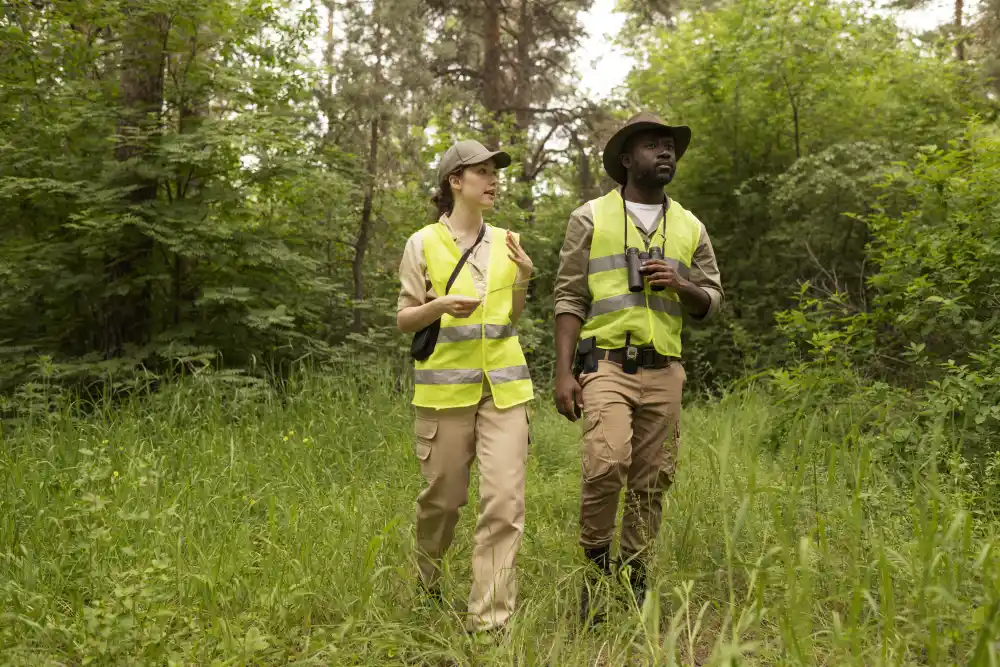
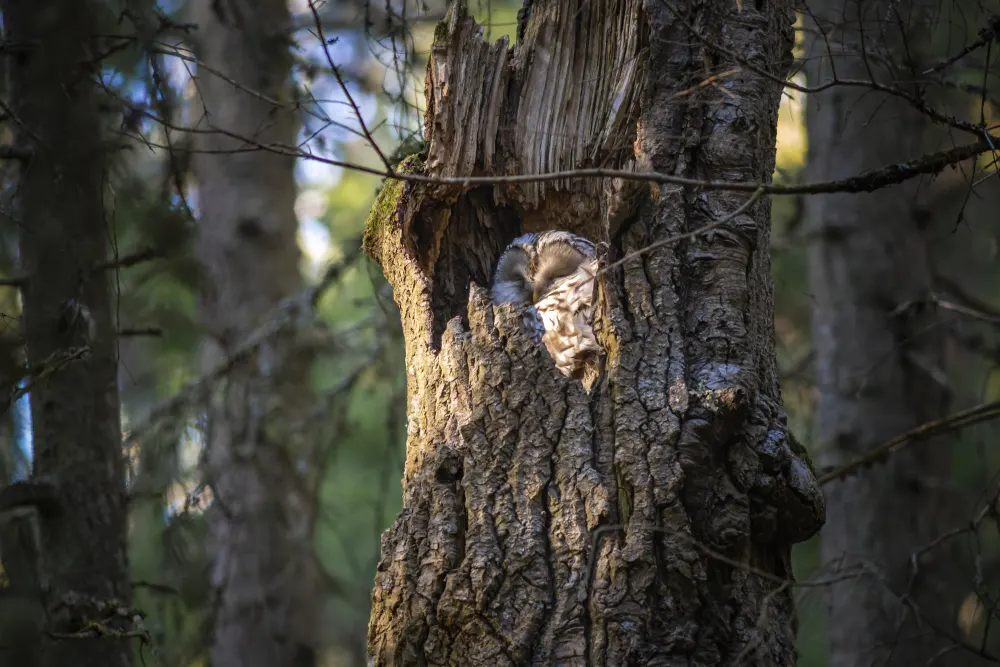
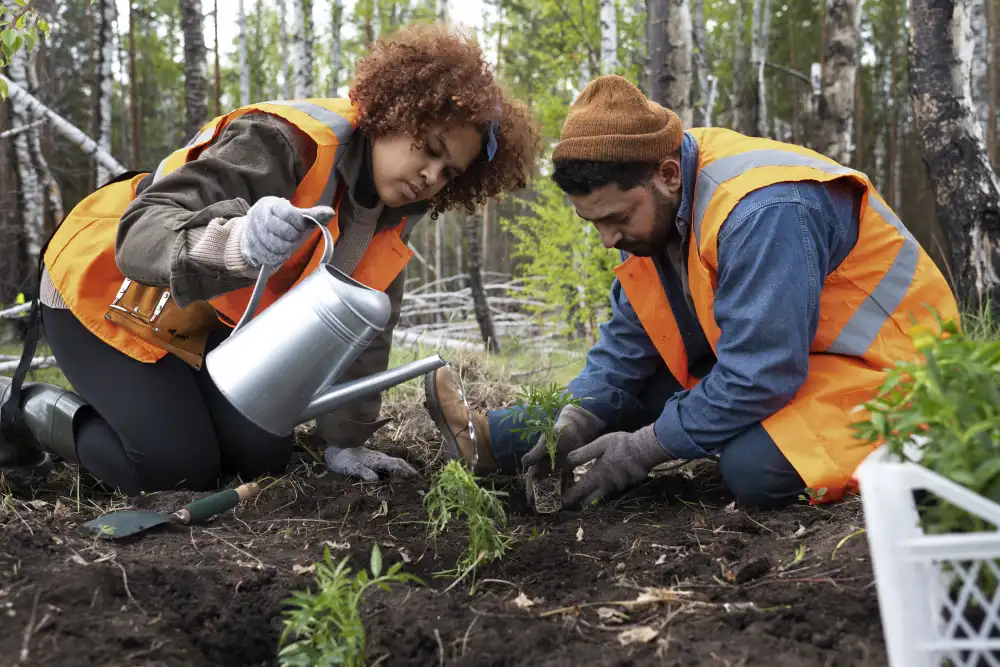
Key Responsibilities
Habitat Preservation
- Identify and protect critical habitats that are essential for the survival of wildlife species.
- This may involve working on land conservation projects, restoring damaged ecosystems, and managing protected areas.
Species Monitoring
- Conduct research to monitor wildlife populations, track species movements, and assess the health of ecosystems.
- This includes studying animal behaviour, breeding patterns, and habitat use.
Conservation Planning
- Develop and implement conservation strategies aimed at protecting endangered species and promoting biodiversity.
- This could involve creating wildlife corridors, reintroducing species into the wild, or managing human-wildlife conflicts.
Environmental Education
- Engage with the public, schools, and communities to raise awareness about the importance of wildlife conservation. This includes delivering presentations, organizing events, and creating educational materials.
Policy Advocacy
- Work with government agencies, non-profits, and other organizations to advocate for policies that protect wildlife and natural habitats.
- This may involve lobbying for conservation legislation, participating in public hearings, or providing expert testimony.
Research and Data Analysis
- Conduct scientific research on wildlife species and their habitats, collect and analyze data, and publish findings in scientific journals. This research helps inform conservation efforts and guide decision-making.
Educational Path
High School
- A basic understanding of science, biology, geography and mathematics is important for this role.
Postsecondary
- Bachelor’s Degree in Wildlife Biology, Environmental Science, Ecology, or a Related Field
Advanced Degrees
- Master’s or Ph.D. in Wildlife Conservation
Certifications
- Certified Wildlife Biologist (CWB)
- GIS Certification
Entry-Level
Wildlife Technician
- Conduct field surveys and collect biological data for wildlife research.
Conservation Educator
- Deliver educational programs to foster conservation awareness.
Research Assistant
- Support scientific investigations by collecting and processing data.
Mid-Level
Wildlife Biologist
- Design and analyze research to inform wildlife management.
Conservation Program Manager
- Oversee conservation programs, managing teams and resources.
Environmental Consultant
- Assess environmental risks and ensure compliance for clients.
Senior-Level
Senior Wildlife Conservationist
- Lead advanced conservation strategies and secure project funding.
Wildlife Conservation Professor
- Teach and research wildlife conservation, mentoring students.
Director of Conservation Programs
- Provide strategic leadership for conservation initiatives.
Skills and Qualities
Field Studies
- Proficiency in conducting field research, including wildlife tracking, habitat assessment, and data collection in various environments.
Data Analysis
- Ability to analyze ecological data, identify trends, and develop evidence-based conservation strategies.
Problem Solving
- To address challenges such as habitat loss, species decline, and human-wildlife conflicts.
Conservation
- A deep commitment to wildlife preservation and the ability to inspire others to take action.
Teamwork
- Ability to work effectively with diverse groups, including scientists, policymakers, landowners, and the general public.
United States
University of Montana | Montana
- Program: Bachelor of Science in Wildlife Biology
- Website: University of Montana Wildlife Biology
Colorado State University | Colorado
- Program: Bachelor of Science in Fish, Wildlife, and Conservation Biology
- Website: CSU Fish, Wildlife, and Conservation Biology
University of Florida | Florida
- Program: Bachelor of Science in Wildlife Ecology and Conservation
- Website: UF Wildlife Ecology and Conservation
Canada
University of Guelph | Ontario
- Program: Bachelor of Science in Wildlife Biology and Conservation
- Website: University of Guelph Wildlife Biology
University of Alberta | Alberta
- Program: Bachelor of Science in Environmental and Conservation Sciences
- Website: University of Alberta
University of British Columbia | British Columbia
- Program: Bachelor of Science in Natural Resources Conservation, Science and Management
- Website: UBC Natural Resources Conservation
Ashley Menicoche
Career Profile In Partnership with Connected North
The Future Pathways Fireside Chats feature Indigenous Role Models speaking about their careers and learning journeys.
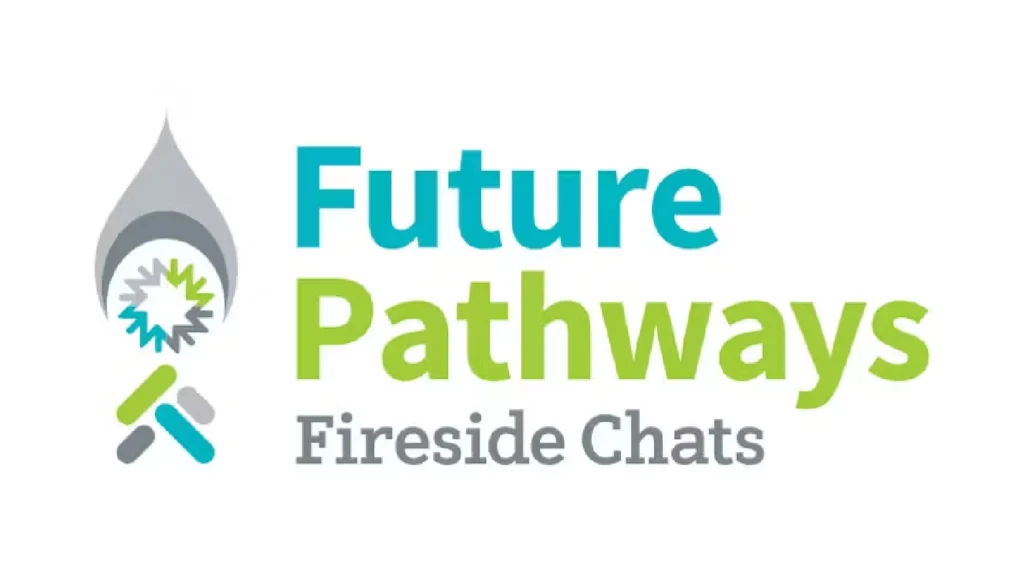
Background
Ashley is the Edéhzhíe Regional Coordinator and also works with the Dehcho First Nations.
She grew up in Fort Simpson, where she lives with two children.
National Wildlife Protected Area
The Edéhzhíe protected area is a National Wildlife Protected Indigenous Protected Area, just under 15,000 square feet in the Northwest Territories.
The region is home to many at-risk species, such as woodland caribou. It protects several fishing lakes, including a freshwater river that feeds them.
The conservation area has 205 wildlife cameras and recording units to track the health of wildlife, invasive species, and bird migrations.
Indigenous-Led Conservation
Edéhzhíe is a conservation area where Indigenous Peoples have the primary role in protecting and conserving ecosystems. Ashley’s team helps to manage the implementation of Indigenous laws, policies, cultural practices, and knowledge sharing within Edéhzhíe.
The organization also learns from the Canadian Wildlife Service, which has shared mapmaking training, bear awareness, and wilderness first aid.
Ashley loves that their conservation work is Indigenous-led, sharing that:
The line of work that we do, it means something to us at the end of the day in each community.
In practice, the organization has combined map-making and GPS training with the elders’ knowledge of the land and old trails. They also serve as first responders and help keep people in the protected area safe.
Ashley also recommends seeking mentorship opportunities and taking time to slow down and really listen. Outside of community mentorship, she encourages young people to explore online certifications to deepen their skills.
Source
Government of Canada: Edéhzhíe National Wildlife Area (NWA)
Future Pathways: Ashley Menicoche Fireside Chat
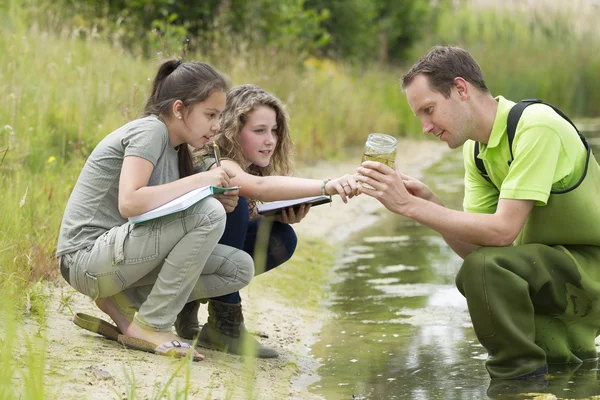
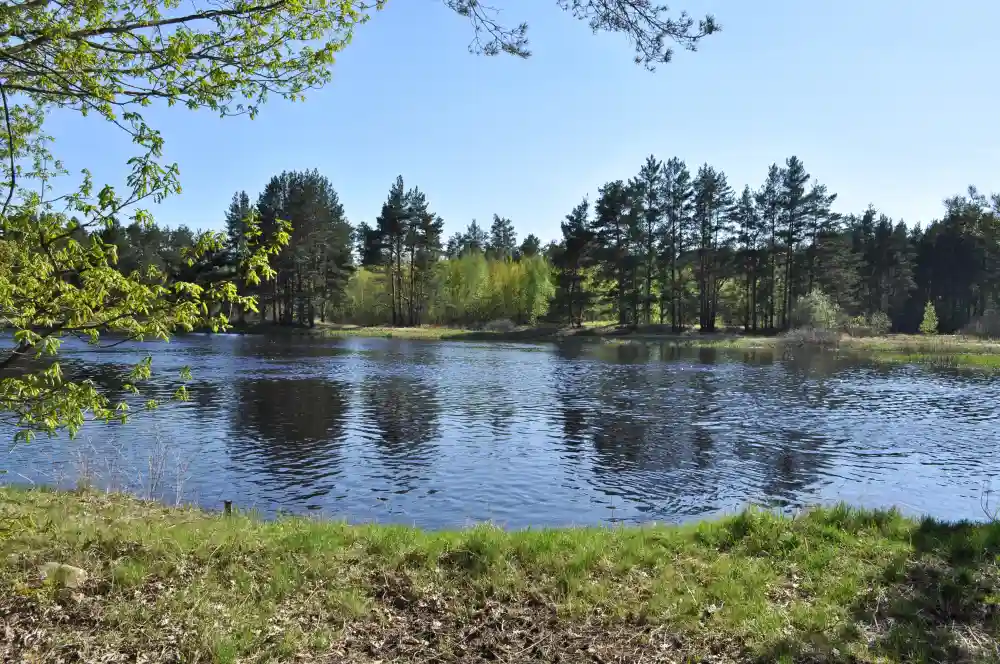
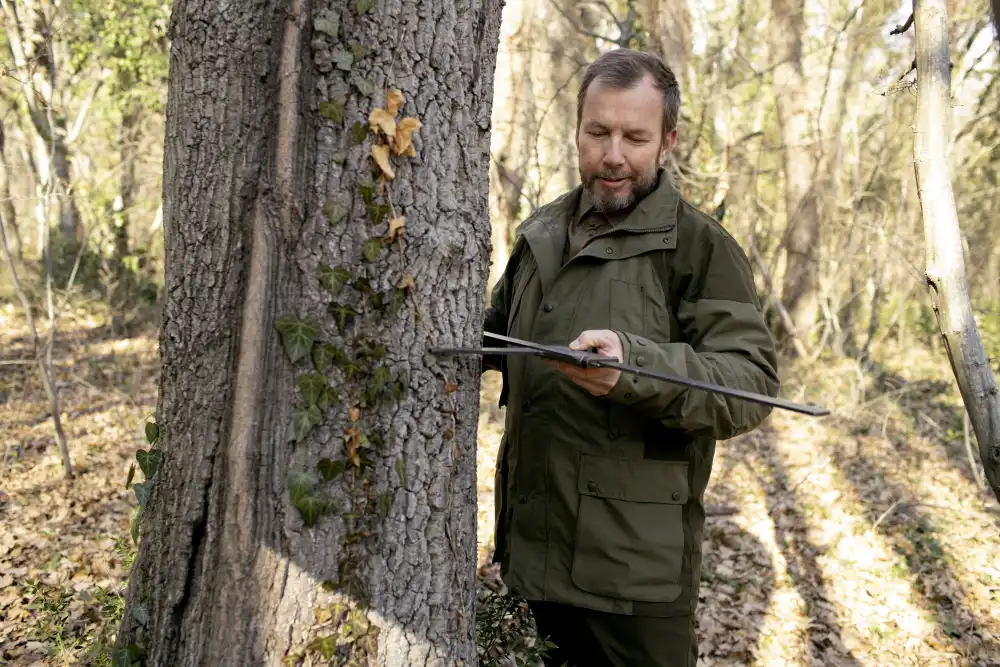
Resources and Further Reading
- National Geographic: Wildlife Conservation
- World Wildlife Fund: Wildlife Conservation
- The Nature Conservancy
